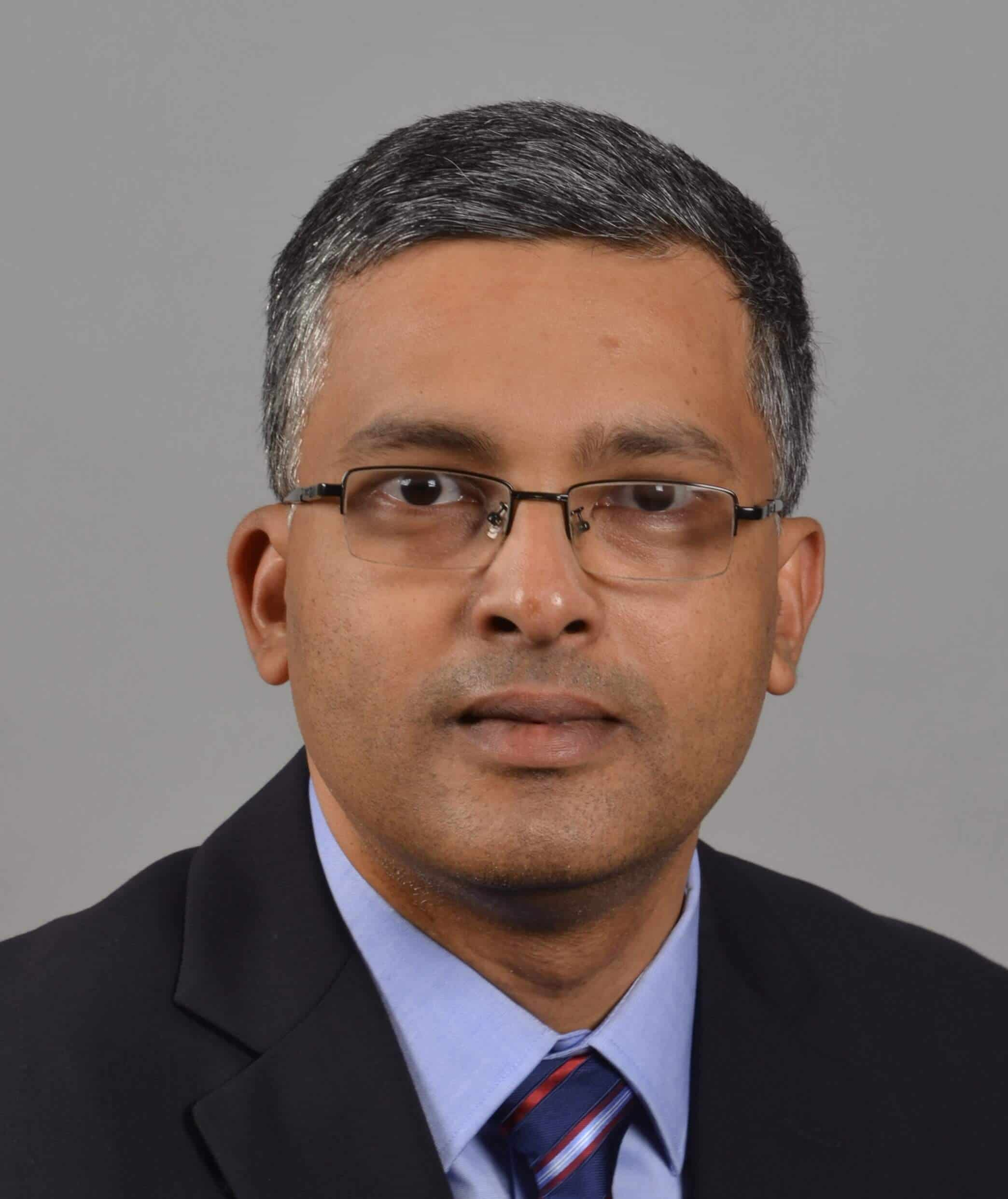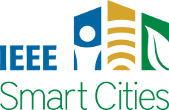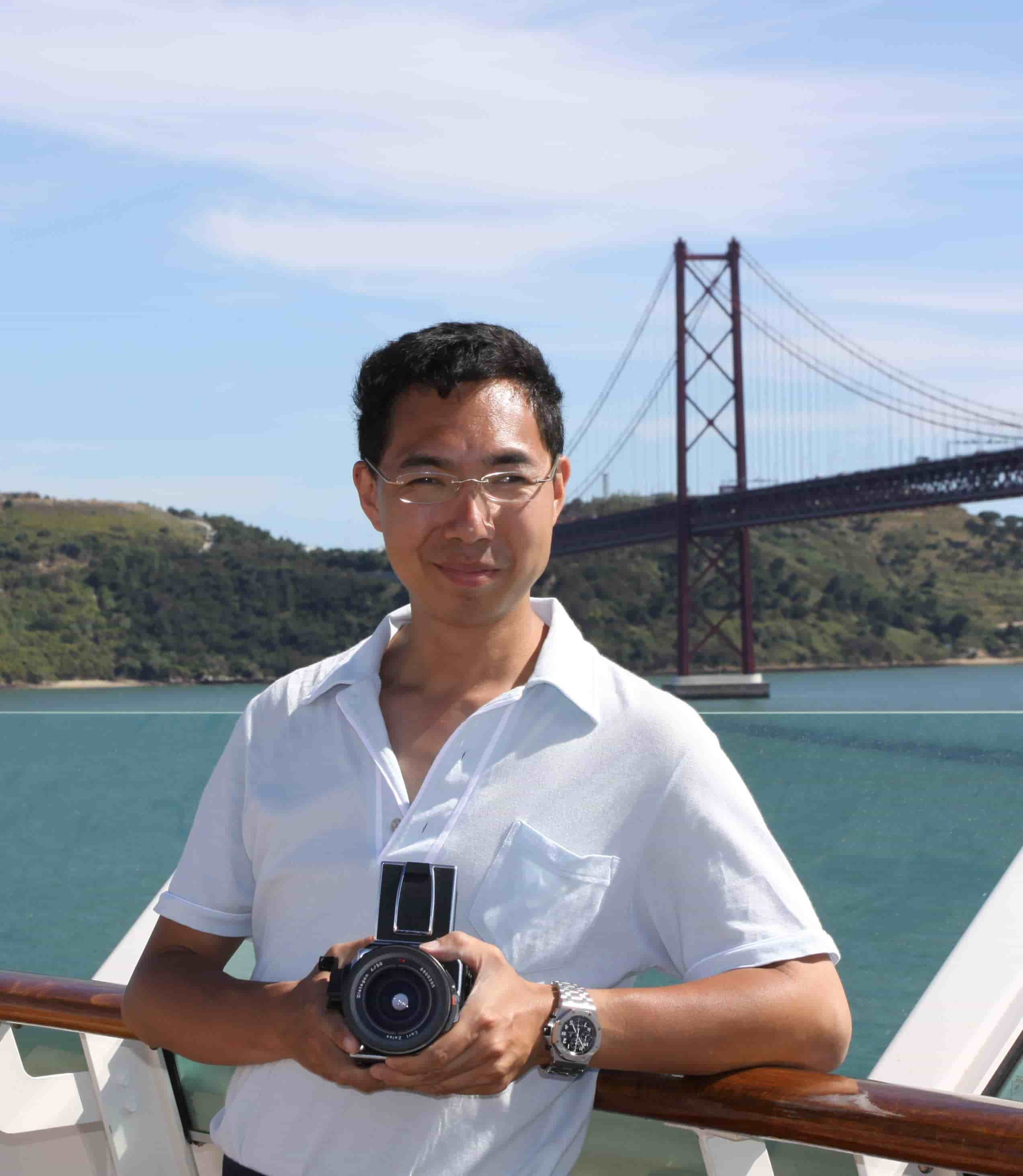Developing Smart Cities Courses in Undergraduate Curricula: Engineering and Beyond
Written by Mohammad Upal Mahfuz
The field of smart cities is a newer area of research and development that has opened opportunities to incorporate sustainability into everyday lives. The field of education experiences the need to implement sustainability-focused instruction not only in the field of engineering but also in multiple interdisciplinary fields at universities, colleges, and K-12 academic institutions. The field of smart cities is an interdisciplinary application of the concepts of sustainability.
In the near future, more than half of the world population will be living in cities and, therefore, cities will become major hubs of human population. As a result of larger urban population, the demands of the city dwellers will rise and thus the cities of the future will have to be smart and efficient in terms of their functionalities and resource utilization. With the latest technologies in science, engineering, and technology, it is now possible to make cities smart and sustainable, thereby contributing to the overall long-term goals of sustainability. At the University of Wisconsin-Green Bay (UW-Green Bay), efforts have been made to incorporate sustainability-focused courses in the engineering and general education (Gen Ed) curricula. In this article, we provide a summary of two recently developed courses at the UW-Green Bay, namely, ENGR 202 (An Introduction to Smart Cities) and ENGR 402 (Smart Cities: Engineering the Future). Both discuss the concepts of smart cities, which have addressed sustainability in undergraduate curricula.
Case Study: ENGR 202 - An Introduction to Smart Cities (3 Credits)
ENGR 202 introduces UW-Green Bay students to the field of the smart cities and how the latest technologies and applications in the fields of science, engineering, and technology could contribute to the development of smart cities and to keep them sustainable. ENGR 202 is a Gen Ed course with no prerequisites and is open to any student at the University at any academic year. This course fulfills the University’s official 3-credit sustainability perspective Gen Ed requirement.
The course consists of 6 parts with topics covered respectively from the following fields:
- The fundamental concepts of smart cities
- General technologies of the smart cities
- Advanced technologies of the smart cities
- Smart transportation systems
- Smart infrastructures and sustainability
- Case studies and the future of the smart cities
While ENGR 202 can be offered in either a 14-week regular semester or a 3-to-4-week short term, so far, since 2020, ENGR 202 has been offered twice a year in January (3 weeks) and summer (4 weeks) terms. In past years, ENGR 202 was taken by students at different academic years from various academic majors, e.g., engineering, engineering technology, computer science, chemistry, biology, business administration, marketing, environmental policy & planning, theatre, music, education, nursing, democracy and justice, psychology, and political science.
Case Study: ENGR 402 - Smart Cities: Engineering the Future (3 Credits)
ENGR 402 is an upper-level technical elective course that is open to engineering students only. This course addresses several advanced and emerging technologies for the current and future smart cities.
ENGR 402 consists of 14 parts where topics covered include the following:
- A review of smart cities/smart grids
- Advanced wireless and data technologies
- Smart materials, manufacturing processes, and industries
- Advanced topics on smart transportation systems
- Cyber-physical systems; big data; smart healthcare
- Security and privacy; development and planning
- Environment and sustainability; machine intelligence; information systems
- Government, economy, and policies
ENGR 402 is offered in a regular 14-week semester. So far, ENGR 402 has been offered once in the fall 2021 semester and was taken by students at different academic years with majors in electrical engineering, mechanical engineering, electrical engineering technology, mechanical engineering technology, and computer science.
Course Design
Neither ENGR 202 nor ENGR 402 have textbooks as they are based upon scholarly articles from technical journals and conference proceedings in the field of smart cities. This framework provides opportunities for open and/or affordable educational resources for the students. ENGR 202 and ENGR 402 have respectively 16 and 32 scholarly articles as reading materials. Both courses are assessed based on online discussions, formal tests, and project work. The scholarly articles in the reading lists are made available to the students via the library resources. For each part of the courses, students are required not only to study the assigned scholarly reading articles but also to watch the pre-recorded video lectures before they take the formal tests.
Tests are based on the scholarly articles and consist of questions that require students to understand the concepts and analyze critically the subject matter under examination. For each part of the courses, students participate in the online discussion board by posting original messages and replying to peer messages thoughtfully. A project is an individual work of a student on one of the related topics within the smart cities field, the detailed guidelines of which are provided along with the course syllabus at the beginning of the course. Students choose their project works from either of the following two themes: (i) an advanced topic research (a well-investigated analysis on a selected advanced topic on the smart cities area), past years selected projects included smart living & smart homes, smart tourism, smart wearable devices, security and privacy in smart city, and industry 4.0 & Internet of Things; and (ii) smart cities case study research (an investigative analysis of a present-day smart city, chosen from all over the world, in view of its functionalities and future prospects), past years selected projects included New York City (USA), Barcelona (Spain), Copenhagen (Denmark), Dubai (UAE), and Singapore.
Student Learning Experience
Students rated these two courses via an end-of-semester survey conducted centrally by the University on the following criteria: organization, explanation of course objectives and requirements, general intellectual development, student-instructor relationship, student engagement, learning course contents, instructor feedback and support, and overall comments. Both ENGR 202 and ENGR 402 courses received overall satisfactory and constructive student feedback on these criteria, which suggests that these two newly developed courses have been successful enough in creating a positive sustainability-focused learning experience on the students.
Concluding Remarks
Both ENGR 202 and ENGR 402 courses are offered in asynchronous online format, which helps students with accessibility and self-paced learning needs. These two courses are examples of how sustainability could be brought into a classroom setting and thus be incorporated in the undergraduate curricula. The field of smart cities is a new and interdisciplinary field of research, development, and applications. New courses on smart cities can be based on either topics from general interests or background on smart cities, i.e., fitting a Gen Ed course, or topics on advanced engineering and technologies of smart cities, i.e., fitting an engineering technical elective course of a given engineering major. The two aforementioned case studies stand as examples of how new courses in the field of smart cities could help undergraduate curricula, engineering and beyond, focus on sustainability that could help students become sustainability-aware, socially and globally responsible, citizens of the future.
ENGR 202 and ENGR 402 official course descriptions can be found here.
This article was edited by Melkior Ornik
To view all articles in this issue, please go to April 2022 eNewsletter. For a downloadable copy, please visit the IEEE Smart Cities Resource Center.

To have the eNewsletter delivered monthly to your inbox, join the IEEE Smart Cities Community.
Past Issues
To view archived articles, and issues, which deliver rich insight into the forces shaping the future of the smart cities. Older eNewsletter can be found here. To download full issues, visit the publications section of the IEEE Smart Cities Resource Center.



